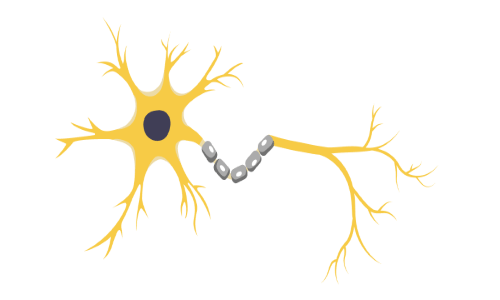
Operation Enduring Families Program
Open to access this content

Open to access this content

Open to access this content

Open to access this content

Open to access this content

Open to access this content